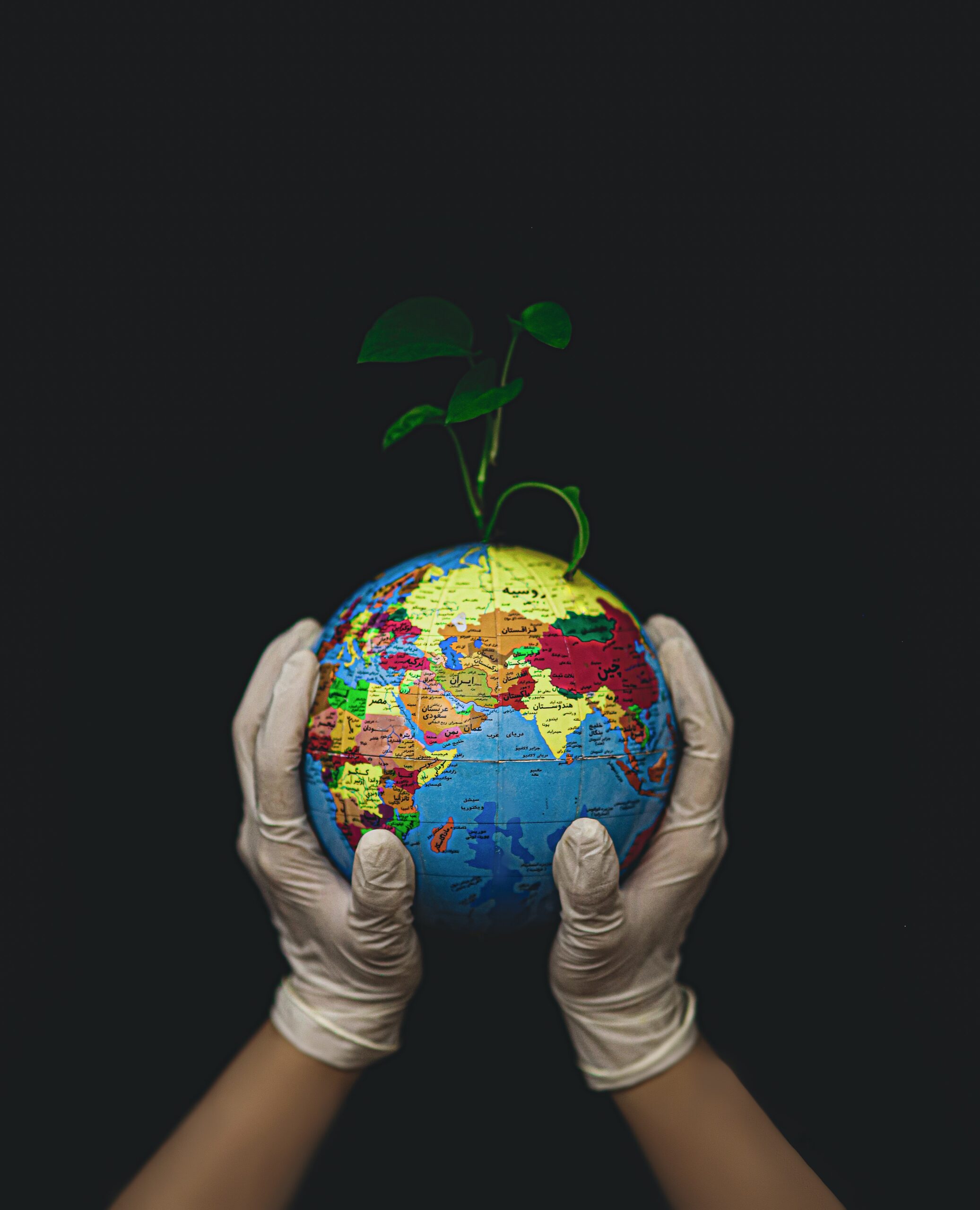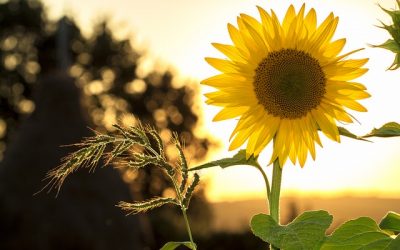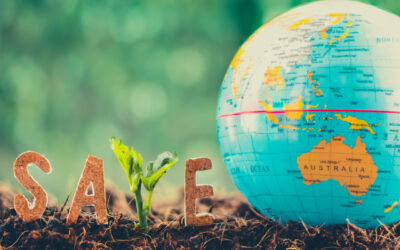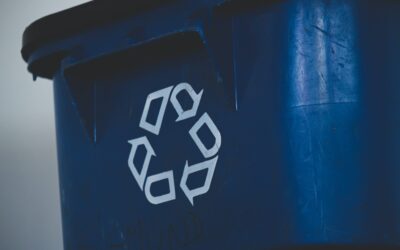I’m in a bit of a funk. I’ve been mulling over why Earth Day isn’t a bigger deal. After streaming Earth Day tweets including resolutions for a couple days, and reading them through, I think I’ve come to a conclusion: Earth Day doesn’t work, because it stands for too much. We need to simplify.
There’s nothing wrong with being inclusive. When I read that a billion people are going to celebrate Earth Day, I’m encouraged by that kind of mass participation. But when I try to pin down what exactly they are celebrating, and how, I’m not sure I can.
Days and events of religious significance, whether or not they are recognized as federal holidays here in the U.S., usually offer clear intent and meaning, at least to the followers of the religion in question. A Christian might not see the significance of Passover, and a Muslim in America might see Christmas mostly as a break from work, but for Jews and Christians, respectively, these are holy days with significant and precise meaning.
Earth Day surely can’t be that exclusionary. Quite the opposite — it has to be secular in the broadest possible way. In this country, the closest analogy to what Earth Day could become might be Thanksgiving. Americans all understand that Thanksgiving is about giving thanks (OK, it’s not subtle). And I would wager that most people respect the tradition of the big communal dinner at the center of the holiday, a reflection of the meal that happened almost 400 years ago.
New Year’s Eve is another decent comparison. It stands pretty clearly for a new start, as hammered home by the change in the calendar. Or maybe Independence Day, which stands for, well, Independence, or Martin Luther King Day, which stands for civil rights, etc. You would think that after 40 years Earth Day would be starting to nudge its way into this pantheon of secular celebration.
And yet, it’s not. It’s not even close. So what’s going on?
Some people see Earth Day as a day to celebrate of the natural world. Others see it as a day to resolve to limit the damage they do to the planet through their everyday activities. Others tune it out because they can’t stand another reminder that they aren’t as “green” as they could be. But I’m going to guess that for most people over 18 it’s just background noise, a day similar in stature to Flag Day and Columbus Day and Presidents’ Day. It’s not even a day off work, for crying out loud!
Earth Day isn’t tied to a specific event (it’s not Big Bang day). And it doesn’t celebrate a single individual (it’s not John Muir day). And it doesn’t include a shared activity that can become a widespread tradition.
I think this last is our opportunity. Most of us try to stay up until midnight on New Year’s Eve. Most of us eat a Thanksgiving dinner (keep it low-carbon). And most of us would like to know just what it is we’re supposed to do on Earth Day.
I don’t think we’re really supposed to do anything. That’s the problem. We need a common moment, similar to the clock ticking over on New Year’s Eve, when we can all look to whomever we’re with and say, “Happy Earth Day!”
I’ve got a simple proposal. What do you say that next year on Earth Day, wherever you are, you get yourself outside for the moment when the clock strikes noon. Get outside, rain or shine, hot or cold, still or windy. Maybe even find a patch of grass to stand on (as opposed to concrete — might take a little walking here in downtown San Francisco). And look around at all the other people outside, and think yep, here we are, on Earth. Isn’t that, after all, what we’re celebrating when celebrate Earth Day?
Brought to you by terrapass.com
Featured image







